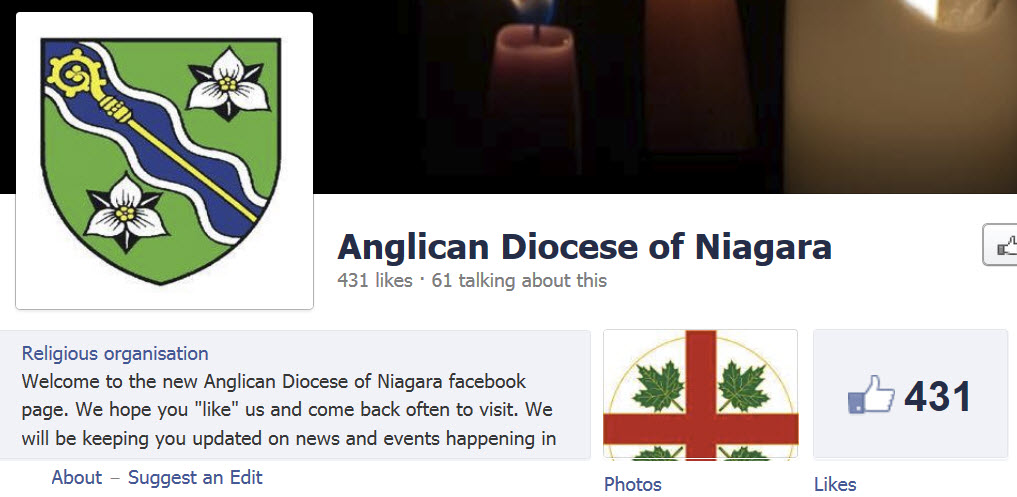It seems that there is a “click farm” industry which, for a modest sum, can make almost anyone or anything popular.
From here:
Celebrities, businesses and even the U.S. State Department have bought bogus Facebook likes, Twitter followers or YouTube viewers from offshore “click farms,” where workers tap, tap, tap the thumbs up button, view videos or retweet comments to inflate social media numbers.
Hope at last for those whose Likes are lacking.



Perhaps they should open a church in Bangladesh where they are popular
Buying “followers” has been common practice for at least a decade. It is a way to increase your position on things like Google search. I think that the article is clear that this is pretty much standard practice for any organization with a comprehensive online presence. It’s today’s version of putting a big ad in the yellow pages.
Placing a bigger ad is not the same as buying likes, the latter is unethical. Of course for the ACoC has been trying to buy followers for years by diluting the Gospel.
And it is not standard practice for online businesses. I keep in touch with many of my peers and this subject has never been brought up. But then again we regard our customers as having a degree of intelligence and not being swayed by the number in the corner.
Quite a few of us use tracking software to see where visitors are from and get a real picture of site visitors.
eBay for example requires ratings be provided by customers and although the system can be compromised it is a bit expensive. Too bad we can’t deluge the site with dislikes.
Perhaps it varies by industry but I know of many organizations that have purchased followers. One example is the HUGE industry of “virtual assistants” who are often hired to blog,re-post articles or “like” a specific company (See the Christian-run VAClassroom.com as an example of the demand for such services). I’m not sure how this is unethical (it really is just a number in the corner as you said). It is the modern-day form of marketing and like the past, perception can confer legitimacy.
In any case, I’m not exactly sure how this issue is related to Anglican issues. It is clear from both the ACoC and ANIC websites that neither engage in the practice.
That’s not all that’s for sale. The Anglican-Presbyterian-United Church Vancouver School of Theology has been sold to UBC for 28 million dollars. That may not be a bad deal given that the lease would run out in 12 years anyway (99 year lease granted in 1927).
http://news.ubc.ca/2014/01/07/vancouver-school-of-theology-sells-iona-building-to-ubc/